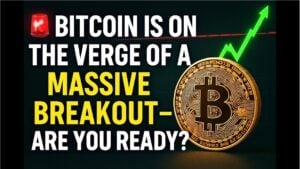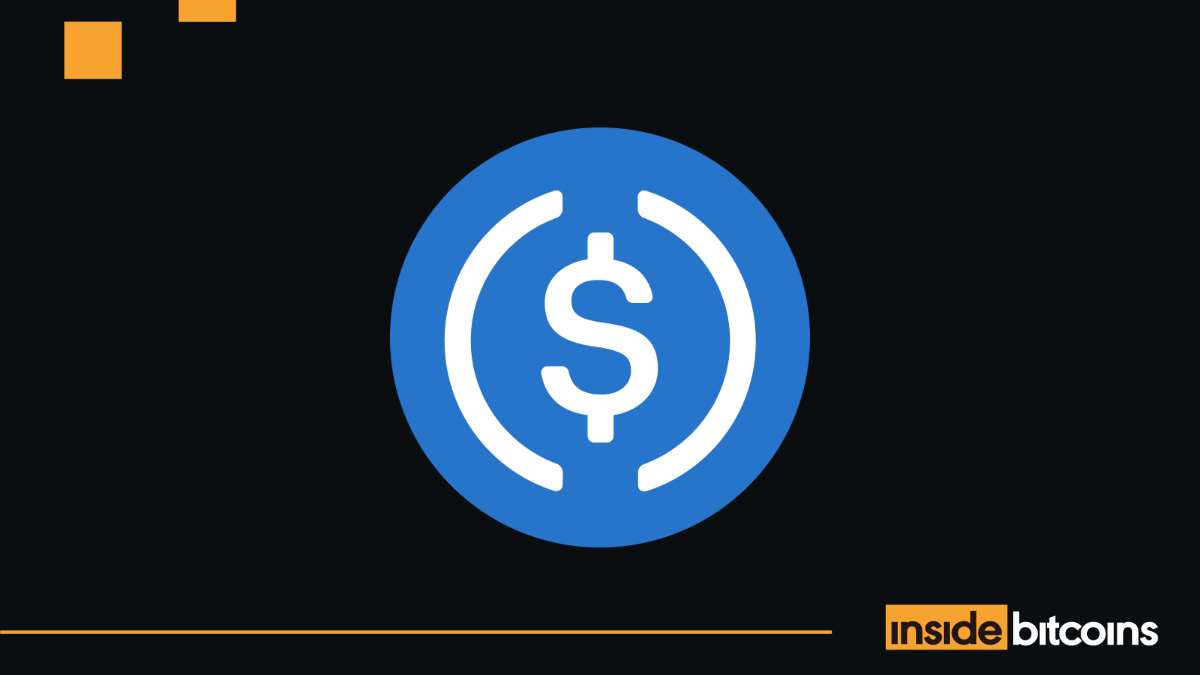
With the rise of memecoin and the relentless race for their listing, many crypto exchanges are turning into a sort of “crypto-casino”.
This is the warning issued by Alex Leishman, CEO of River Financial, a company that has made the Bitcoin-only approach its founding philosophy.
According to Leishman, the introduction of alternative assets to Bitcoin on an exchange platform is only the first step towards the loss of direction and integrity of the market.
“The carousel of memecoins”: the problem of “crypto-casinos”
In a post published on the platform X, Leishman stated firmly:
“The moment an exchange adds a non-Bitcoin token, it is effectively getting on the memecoin merry-go-round.”
With these words, the CEO wanted to emphasize how the simple act of listing a token other than Bitcoin (BTC) opens the door to an uncontrollable escalation.
According to his vision, once Ethereum (ETH) is added, it is consistent, or inevitable, to also add all the tokens created on its blockchain. The same argument, in his opinion, applies to other ecosystems like that of Solana.
The reasoning behind this position is clear: by chasing the currency of the moment, one succumbs to wild speculation, losing sight of value creation in the long term.
Unlike most exchange that chase novelty to attract users and liquidity, River Financial has chosen a different path. Founded with the goal of helping people build stable wealth over time, the company is dedicated exclusively to Bitcoin trading.
Leishman emphasized that he has no interest in creating a crypto-casino, as many other platforms seem to do:
“The business model of these casinos is based on extracting as much value as possible from customers. In contrast, the Bitcoin-only model is focused on helping people build long-term wealth.”
River is not alone in this choice. Other companies like Swan Bitcoin, Bull Bitcoin, and the decentralized exchange Bisq have also adopted a Bitcoin-centric approach, foregoing the volatility and hype from altcoins to prioritize solidity and substance.
“`htmlCriticism of memecoin expands
“`Leishman’s point of view is not isolated. Throughout 2024, numerous authoritative voices have expressed concerns similar to the phenomenon of memecoins.
In particular, Eddy Lazzarin, CTO of the venture capital company a16z, described these assets as obstacles to the long-term vision of the crypto sector:
“In the best-case scenario, memecoins are a risky gamble.”
This metaphor of “gambling” has become recurrent to describe a portion of the market that, while generating enormous trading volumes, appears completely disconnected from economic fundamentals or real technological projects.
To demonstrate the speculative nature of memecoins, their overall market capitalization has suffered a collapse: almost 50% less since the beginning of 2025.
Another significant figure comes from CoinMarketCap, according to which the value of memecoins has dropped by 27.94% in the last 12 months.
Despite this, the industry continues to profit from it. Altcoins, and particularly memecoins, attract traders willing to take risks, fueling the volume and fees of the platforms.
A striking example is that of Robinhood, which on February 12 announced a 700% year-over-year increase in revenues from the crypto sector in the fourth quarter of 2024.
This data shows that, even in a declining market, the memecoin fever is capable of generating significant revenues. But at what cost?
Spotlight on the business model
What Leishman calls a “carousel” or a “casino” is nothing more than the result of a specific economic model, in which exchanges become machines for rapid profit, often at the expense of the original principles that had guided the pioneers of the crypto revolution.
While some users continue to seek easy returns through assets with bizarre names but rapid success, others remain anchored to a more conservative and structured vision.
In other words, they see in Bitcoin not only an investment, but a store of value and a tool for financial empowerment.
Leishman’s analysis highlights a crossroads at which the entire sector finds itself: to chase the sensationalism of memecoins or to aim for the construction of an alternative, transparent, and lasting financial system.
Today more than ever, the choice between these two approaches could determine the future direction of the crypto industry.
In an increasingly crowded landscape of ephemeral tokens and trading-hungry platforms, entities like River Financial and other Bitcoin-only operators represent an exception that continues to provoke thought.
And perhaps, in the long term, it will be precisely these voices outside the chorus that will chart the most solid course.

 2 days ago
11
2 days ago
11









 English (US) ·
English (US) ·